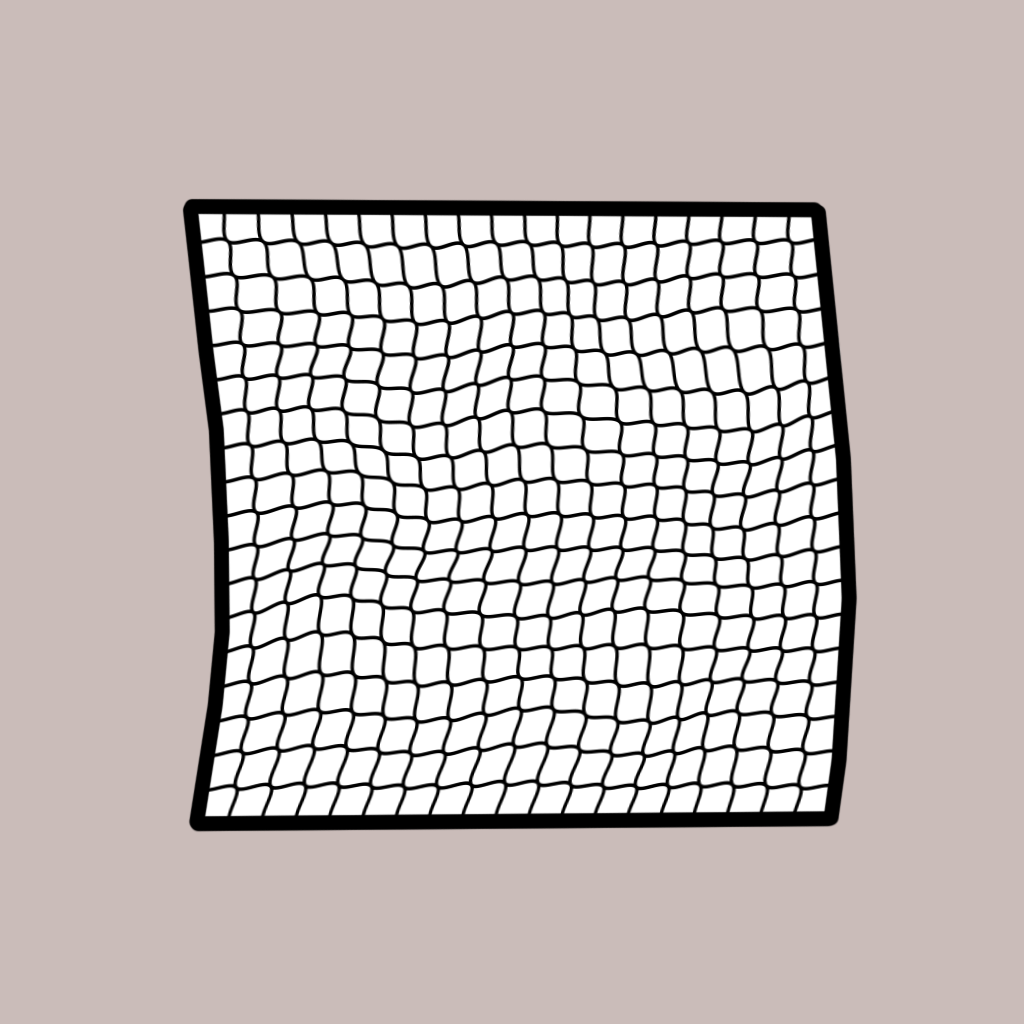Physiomesh litigation has been delayed because of the coronavirus pandemic. The latest development in the MDL occurred on Nov. 1, when attorneys for Ethicon told a New Jersey federal court that it needs access to marketing documents used by several lead-generation companies for attorneys, according to Law360.com.
More than 3,500 Ethicon Physiomesh lawsuits have been consolidated into multi-district litigation. Plaintiffs in the MDL have alleged that the hernia repair medical device manufactured by Ethicon—a subsidiary of Johnson & Johnson—is defective because it contains a special coating that caused them to develop severe inflammation or pain.
Ethicon criticized the companies for fighting the subpoenas because the documents may help end the plaintiff’s claims. A brief filed by defense attorneys stated, "This discovery may demonstrate that a bellwether plaintiff's lawsuit is time-barred by establishing that, as of the date the plaintiff reached out to the lead finder, the plaintiff understood that he or she may have a basis for a claim.”
Attorneys for Ethicon also stated in the brief that the marketing information could reveal significant information about plaintiff’s injuries. The subpoena sought communications from Prolegal Services LLC, Reliance Litigation, Case Legal Media, LegalCalls.com, DrugWatch, On Point Legal Leads, Consumer Tort Network, Demandlane and The Search Engine Guys.
A plaintiff’s executive committee sought to protect the communications by filing a motion on Oct. 15 that questioned the validity of the subpoenas. The committee referred to the subpoenas as a “fishing expedition” and that the communications should be considered private due to attorney-client privilege.
"In short, defendants' subpoenas solicit privileged materials and are premised on nothing more than a 'hope and a prayer' that the target entities might have something — discoverable or not — related to these plaintiffs," the plaintiffs said, per Law360.com.
Ethicon countered by arguing that the plaintiff’s committee failed to demonstrate the need for a protective order under the Federal Rules of Civil Procedure.
In late October, a federal jury in Ohio cleared another hernia mesh device maker—C.R. Bard—in the first hernia mesh bellwether trial. In addition to the Ethicon and C.R. Bard MDLs, a third hernia mesh MDL has been formed, pitting plaintiffs against Atrium.
